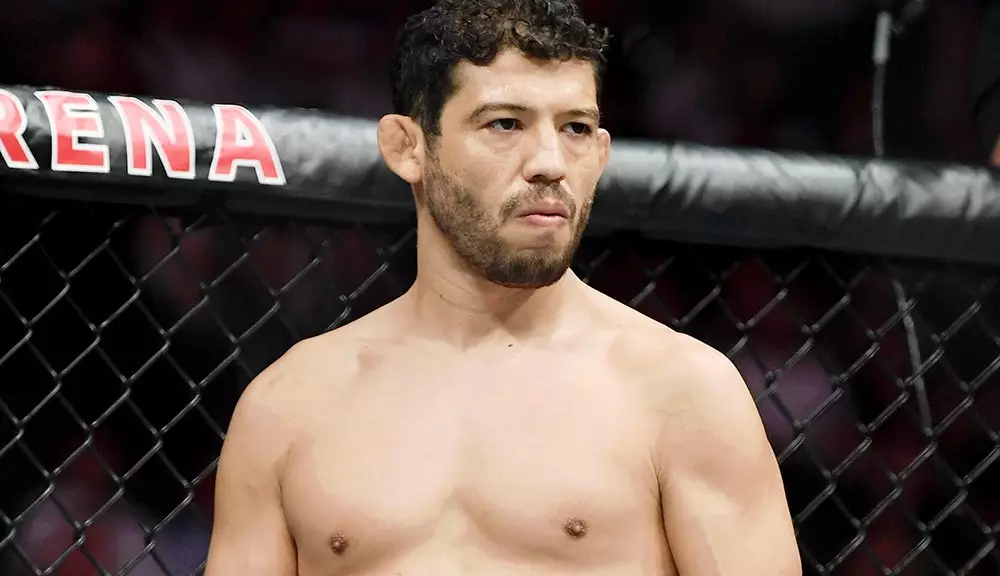MMA (Mixed Martial Arts) is known for its intensity, both inside and outside the cage. While the physical and mental demands of the sport often draw in competitors, retirement plans may not be foremost in the minds of many fighters. Gilbert Melendez, a seasoned veteran with an extensive career in the sport, offers a unique perspective on the subject that has been shaped by his own experiences transitioning from active fighter to retirement. His insights present a valuable framework for aspiring fighters and seasoned professionals alike, suggesting that the end of a career should not signal the end of planning for the future.
During his illustrious career, Gilbert Melendez not only claimed the Strikeforce lightweight title but also challenged for the UFC championship. With a professional record of 22 wins and 8 losses, he has seen the highs and lows that inherently accompany the grind of fighting. One of the key points Melendez emphasizes is that retirement from the sport can often become a confusing and tumultuous period for many fighters. Unlike athletes in other sports who may have clearer transition paths post-competition, MMA fighters frequently face unique challenges. Incidents of fighters struggling with retirement and personal transitions are common, illustrating that this bittersweet ending requires careful planning and foresight.
Melendez’s advice revolves around the concept of taking a long-term approach to life beyond fighting. He reflects on his own early career, where his focus extended only to the age of 35—a mere blink in the long-term scope of one’s life. As he approaches 60, he urges fighters to adopt a comprehensive outlook when they embark on their careers. “When you invest two decades or more into competitive fighting, the future survival and satisfaction beyond the cage cannot be an afterthought,” he asserts. By framing his journey with a 60-year plan rather than a finite end, Melendez has established a roadmap that enables continued growth and success after his fighting days.
The blueprint Melendez shares centers on the notion that fighters must cultivate diverse pathways that might sustain them after they hang up their gloves. He encourages fighters to explore avenues such as coaching, promoting, management, or even opening their own gyms. “The possibilities are nearly endless, but they require proactive steps taken today,” he notes. This proactive mindset serves to create a safety net for fighters who may find themselves without a clear direction after their competitive careers conclude. A keen awareness of potential future endeavors helps fighters remain connected to the sport they love while ensuring they are not sidelined financially or personally in retirement.
Melendez humorously remarks that anyone who has made it to the UFC has earned something akin to a “PhD in martial arts,” given the extensive dedication and knowledge required to succeed at that level. He stresses that this wealth of experience should not dissipate with the end of a competitive career but should serve as a foundation for new endeavors. The lessons learned, the relationships forged, and the skills acquired over years of rigorous training can be translated into various aspects of life post-fighting.
Through his journey and reflections, Melendez’s message is clear: the fight doesn’t end after the final bell. Instead, the next generation has a unique opportunity to reshape how retirement is viewed in MMA. By building a broader vision for their lives, fighters can pave the way for fulfilling second chapters that leverage their passion for the sport. The importance of foresight cannot be understated; embracing the idea of multidimensional career paths can significantly influence the quality of life after the cage.
Ultimately, amateur and professional fighters can gain invaluable insights from Melendez’s perspective on retirement. By viewing their careers through a multifaceted lens and approaching their future with a long-term plan, fighters can ensure that they not only thrive during their active years but also flourish well into their retirement.

